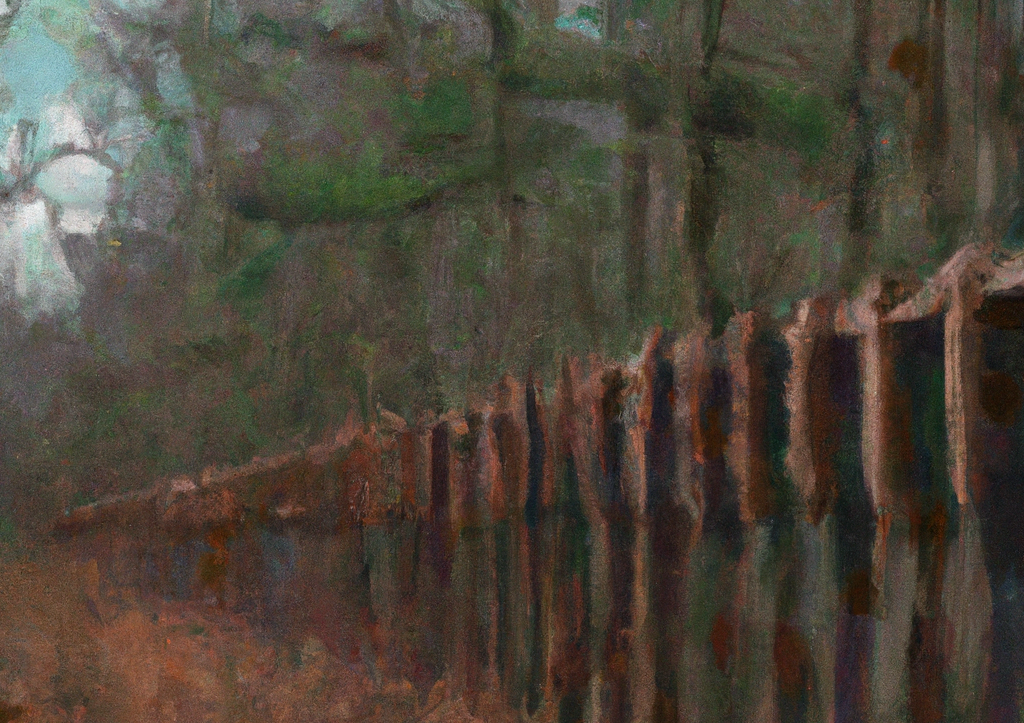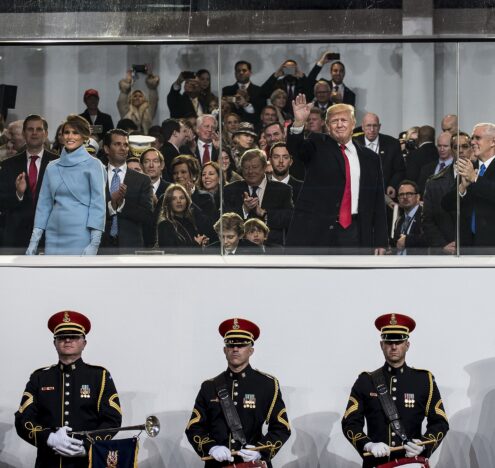On Sunday, the people of Poland cast their votes in an election that some have called a battle for the country’s soul. When we released this episode, we were still watching for the various parties to confirm the parliamentary coalitions that would lead to the final result.
But experts tell us no matter who wins, one thing is likely to stay the same: Poland’s hardline approach to refugees from its eastern border with Belarus.
So today, we head to that border, where scientists are studying the impact of rising militarization and anti-refugee activity on the region. It’s not always easy — because the Polish border guard isn’t always keen to hand out the answers these scientists would love to add to their analysis. But Eliot Higgins, the founder of investigative website Bellingcat, says civilians have an edge these days when states won’t answer our questions. We have an unprecedented amount of information at our fingertips — and we’re using it to challenge our governments around the world in all kinds of ways.
Listen and subscribe now on Apple Podcasts, Stitcher, Spotify, Pocket Casts, or wherever you get your podcasts to receive a new episode every two weeks.
A Note:
We’re heartbroken by the sudden Hamas attack on Israelis and by the Israeli airstrikes and devastation in Gaza. Donate to Doctors Without Borders as it continues to offer impartial medical care to those most impacted by war.
Guests:
Katarzyna Nowak, University of Warsaw; Michał Żmihorski, Mammal Research Institute; Maciej Kisilowski, Central European University; Eliot Higgins, Bellingcat
Additional Resources:
Threats to Conservation From National Security Interests, Katarzyna Nowak, Dinah Bear, Anwesha Dutta, Myles Traphagen, Michał Żmihorski, and Bogdan Jaroszewicz, Conservation Biology
Recognizing Opposition Movements is Riskier Than It Seems, John Reid Wilcox, Inkstick Media
Monitoring the Environmental Consequences of the War in Ukraine, Jon Letman, Inkstick Media
Can National Reconciliation Defeat Populism? Maciej Kisilowski, Anna Wojciuk. Project Syndicate.
Thanks to Sławomir Makaruk for additional field production.




















